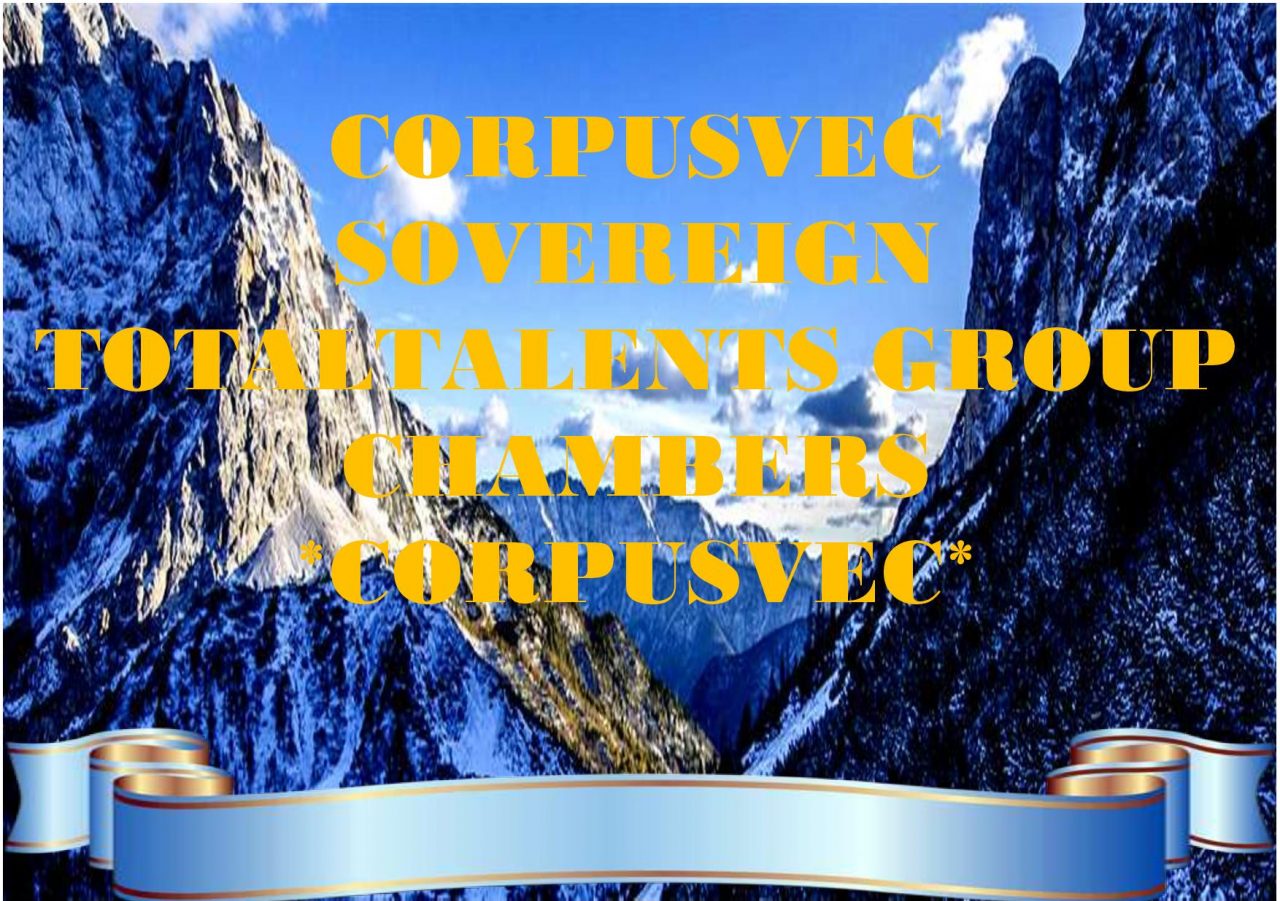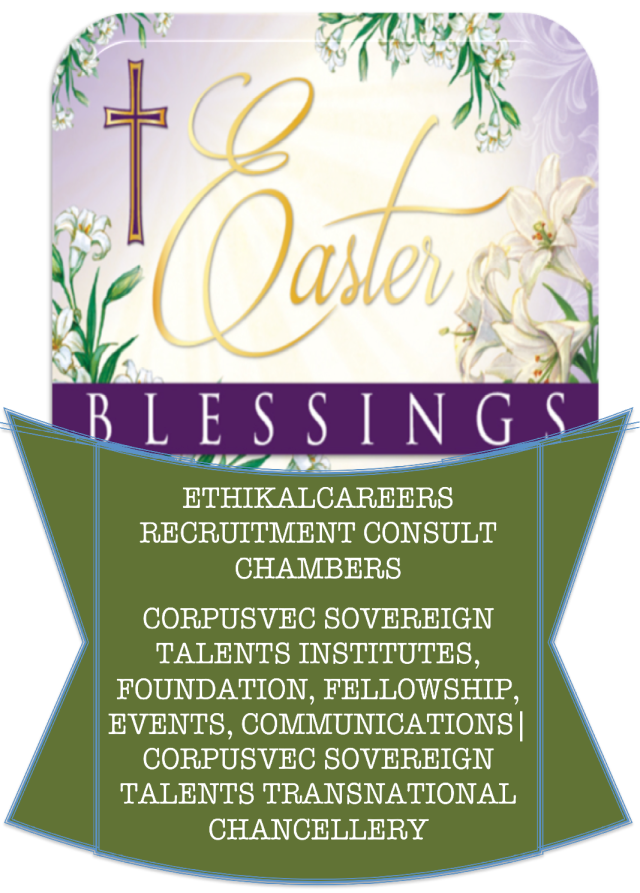
Steer clear of overused clichés. Misspelled words are immediate grounds for denial. Words like “rockstar” and “synergy” are so 2015.
We’ve all read about what not to include in a résumé. After all, one of Glassdoor’s most popular articles “21 Words to Never Include In Your résumé” is bookmarked even by our staffers who want to gut-check before making résumé faux pas.
However, it’s time to talk about what works should be included in your résumé.
Diction or word choice is important when it comes to drafting your résumé, not just to ensure that your résumé is reviewed positively by software, but also because you want to wow recruiters with your skills, competencies and relevant credentials.
“The words used show what level the candidates is at in their career,” says Susan Joyce, owner and operator of Job-Hunt.org, the guide for a smarter, safer job search. “If I picked up a résumé for a C-suite candidate who chose vague descriptives, they would immediately be discredited. Some might think a candidate’s experience outweighs the actual text of a résumé, but this is often not the case. If a hiring manager doesn’t see key indicators a candidate is qualified by appropriate word choice or diction at first glance, chances are, the résumé will be eliminated before they are even considered.”
To help land your résumé at the top of the pile, we tapped an expert panel of career coaches, résumé writers and experts to ask, “What are the words you like to see on résumés?” Here’s what they had to say:
1. Numbers
“If you want to show that you’re results oriented and hard working, share the numbers. As they say, the proof is in the pudding,” says job coach Angela Copeland. “For example, rather than stating that you’re an “excellent digital marketer,” prove it. Say something that reflects your actual results, such as, ‘Grew online sales and revenue by 200% in one year.’ Now, that’s impressive!”
2. “Redesigned”
For life and career coach Jenn DeWall, action verbs are a must on any résumé. But not just any action verbs. She advises clients to include verbs that show leadership and transformation. “‘Redesign’ demonstrates problem-solving skills as well as the ability to think big picture and reduce process inefficiencies.”
3. ‘Launched’
If cliches are a no-no, simple yet powerful words are your go-tos, according to Glassdoor columnist Anish Majumdar. “Simple, practical words that denote responsibility have the most impact. Launched, solved, transformed, and optimized are all examples of action verbs that make you look good without resorting to cliches.”
4. ‘Modernized’
According to master résumé writer Jacqui Barrett-Pointdexter, this word along with “conceived and metamorphosed” are, “like a switch, powering up the candidate’s story, showing how they’ve improved, envisioned and transformed their work environments, and therefore, gained revenue, customer growth, reputation, etc. traction for their company. They empower and advance the candidate’s story!”
5. ‘Value’ or ‘valuable’
“These words show that the candidate is thinking about their own activities in terms of how they’ll improve the business,” says expert and author of “Fearless Salary Negotiation” Josh Doody. “Terms like ‘hard-working’ don’t do this because working hard doesn’t necessarily produce better results. But focusing on being productive, adding value, and making progress show that the person is tuned in to improving the company, which almost always resonates with hiring managers.”
6. ‘Orchestrated’
“Anyone can say they ‘led’ a team. Instead, use verbs that really explain what happened in that specific task,” insists Joyce. “Consider the verb ‘orchestrated’ and how it shows, versus just telling, the hiring manager what was accomplished. Orchestrated, by definition, means to arrange and direct. The key is to make a résumé better than any great piece of fiction byembracing the storytelling aspect and showing readers your true qualifications.”
7. Get specific
If “results-oriented” and “hardworking,” are overused and lame, Joyce says instead of looking for the 2017 buzzword, job seekers are better off being specific in their résumé.
“It is really more about choosing words that accurately describe actions or goals that were met. In lieu of hard-working, consider saying what hard work was done, e.g. did a candidate work tirelessly to reach an impossible deadline? It is important to use verbs that really pinpoint what was accomplished, i.e. influenced, improved, achieved, etc. This way, there is no miscommunication about a candidate’s qualifications.”
8. ‘Create, lead, managed’
“I like to look for candidates who have had a role in shaping something from idea all the way through execution,” says executive coach Kate O’Sullivan.
“One of the main qualities I look for is someone who can take a vague idea or strategic goal and see it through to completion, rather than someone who executes on a plan that’s already been decided. Using these key words will definitely signal that you’ve had a role in this higher level thinking, and will grab the attention of most hiring managers.”
9. Provide examples
“In general, it’s very hard to convince a résumé reader that you possess various soft skills, e.g. team player, just by listing these on your résumé,” says O’Sullivan. “If you put yourself in their shoes for a minute you will understand why. Most job seekers want to be desirable and so they list these in-demand skills.
But just listing the skill doesn’t do any thing to set you apart from the crowd. The most powerful thing you can do is give examples. If you want to show that you are a team player, you can talk about things like working on cross-functional teams, on boarding new hires, or developing a cross-training program. By listing concrete accomplishments and projects, you are demonstrating you have these skills in a credible and believable way that will help set you apart.”
10. Be skimmable
Doody insists that a résumé should be impactful while still skimmable, or able to easily be skimmed by recruiters and hiring managers. “I coach my clients to assume the hiring manager won’t even look at their résumé until they’re already in the process of interviewing them,” says Doody.
“Hiring managers don’t sit down the day before an interview, pour a glass of wine, and meticulously read through each résumé they’re considering. Instead, they scramble to make it to the interview on time, open up the résumé as the interview is starting, and skim it to find things to talk about.”
11. ‘Spearheaded’
According to Copeland, a résumé — and the job search, in general — is not the time to be shy. “Use strong words that emphasize your level of involvement. This isn’t the time to minimize yourself or your contributions. If you were instrumental in a project, replace the word “helped” with the word “spearheaded.” Spearheaded, created, and initiated all show that you took the lead and were not merely a participant in a project.
12. ‘Committed’
Show that you’re dedicated to your work, start to finish. This word, says DeWall, does just that. “If you disregard diction and word choice and think that they don’t carry any weight you’re wrong. Managers can gauge aptitude, readiness and even your leadership skills from paper,” she adds.
13. Edit expertly
Reading and re-reading your résumé is just the beginning of the editing process. Don’t believe us? Each of our experts weighed in on the importance of editing a résumé. Here are a few of their insights:
“Word choice is incredibly important. You only have a limited amount of real estate on your résumé, so every single word counts,” says O’Sullivan. “Focus on achievements, quantify where possible, and make an effort to tailor your experiences to your target job. It’s more effective to talk about fewer projects and responsibilities more in-depth than to list every single thing you’ve ever done. Along these lines, concentrate on your most recent experience. Edit with the mindset of “does this piece of information directly help sell my experience for this role? If not, take it off.”
“The easiest way to improve your choice of words is to read your résumé out loud to yourself,” advises Copeland. “This can catch many of the potential issues before anyone else sees it. Then, ask a friend or family member who works in another industry to read it. If they find your résumé to be confusing, consider updating the wording, so that it’s more clear.”
“It’s not just about using the right words, it is equally about teasing out the nuances of your stories and then combining them in a way that is attractive to your target reader: recruiter, hiring manager, etc,” says Barrett-Pointdexter. “You can use all the right ‘nouns and verbs’ that make a résumé sing (on the surface), but without the right, focused stories, your résumé will fall flat to the intended reader’s eyes and ears.”
“In addition to diction and word choice it’s important to be strategic and concise. No one has time or energy to invest in a multi-page résumé,” insists DeWall. “Make sure that you’re highlighting the most relevant and topical experience necessary for the position.”











